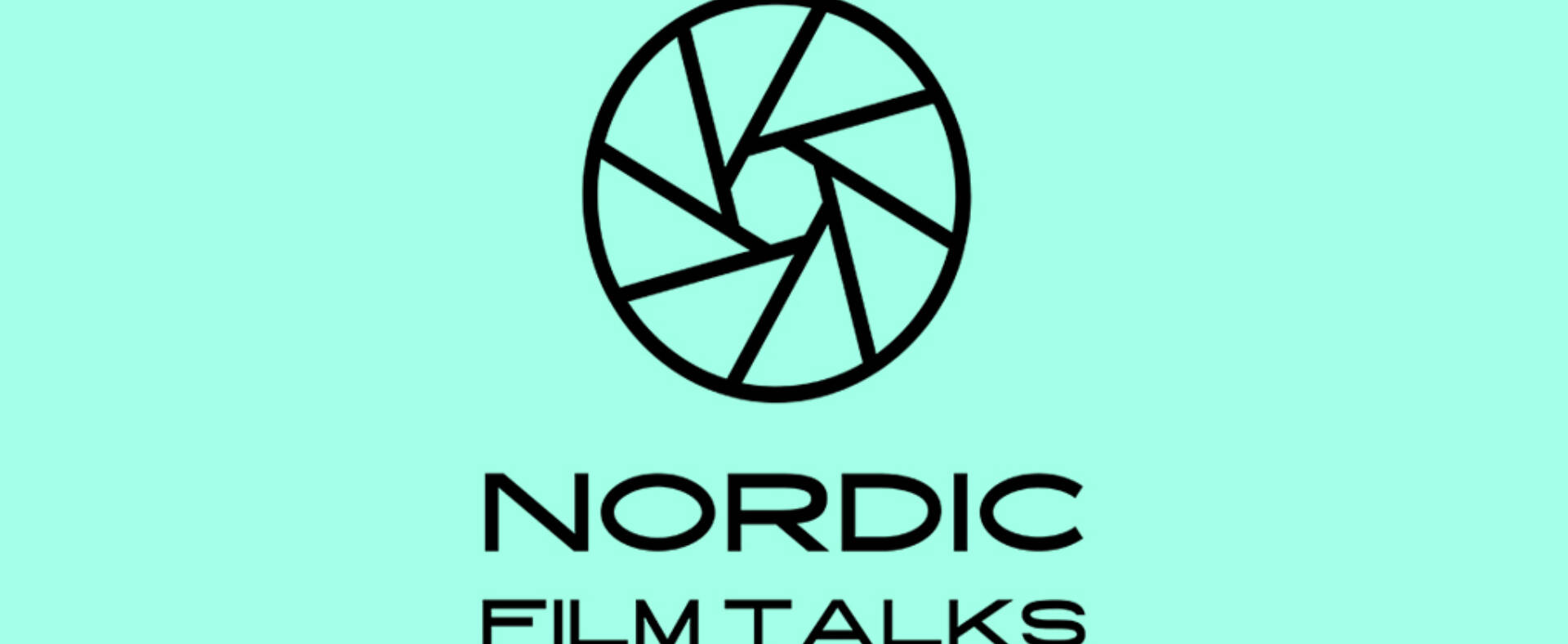Nordic Film Talks-podcast by Wendy Mitchell and Nordisk Film & TV Fond.
Swedish writer/director Tarik Saleh says his new film Eagles of the Republic is not a political satire. “I love satire, but it's absolutely not satire. It is a very serious film, but there is an absurdity underneath,” he says in the latest episode of the Nordic Film Talks podcast, recorded at the 2025 Cannes Film Festival where the film has its world premiere in Competition.
The story follows George Fahmy (played by Fares Fares), an actor who is recruited by the Egyptian political regime to star in a propaganda film.
Fares says it was fun to play around with this concept of “the relationship between the director and an actor. There's always this question of who's leading whom, so that was a lot of fun to play with.” He adds, “It’s very funny but there is a political spirit. It can be absurd but it cuts to the soul.” Setting his latest political commentary around the world of filmmaking was an interesting backdrop for Saleh: “To be a successful actor, you have to be good at lying so that people believe you, and this film is about the cost of lying – when you lie to yourself or to other people. It’s a universal and timeless theme, because unfortunately in this time we live in, it’s all about people telling lies and getting away from it.”
Is Saleh worried about the Egyptian government response to the film? “People always ask me, ‘Are you worried about the Egyptians say, for example, the military, the army, what will they say? I don't care if they love it or if they hate it. It's not made for them. We have relationship to our audience, and we have a pledge to them to be absolutely honest in what we do. If we put one false note in there, our audience, which is the most intelligent audience, they will not accept if we start to airbrush the truth.”
The pair are close collaborators after making the previous two films in Saleh’s ‘Cairo Trilogy’ together – The Nile Hilton Incident and Boy from Heaven. They are also personal friends. As Fares says, “It's really, really fun working together. Both of us started a family almost the same time, so we have kids now, which means that we don't have as much time to hang out. And when we make our movies, we get to hang out all the time. I don't think we ever disagree.”
Salek adds, “if Fares has a problem, because I'm the director, I take the decisions because that’s part of the job. I can actually be wrong but still get to do it. But because we are so close, and because I trust him, and he's also a filmmaker, if Fares tells me an idea, I would be a lunatic not to listen.”
In the podcast’s second segment, Stockholm-based actor Sverrir Guðnason, who is most famous for playing Swedish tennis icon Björn Borg in Borg vs McEnroe, reveals his Icelandic roots – he grew up there until he moved to Sweden at age 12 and got his first acting role in Icelandic theatre at age 10. So it’s notable that he has his first Icelandic-speaking feature film role in Hlynur Pálmason’s The Love That Remains (Ástin sem eftir er), which launched in Cannes Premiere. “You can't blame the Swedes for thinking I'm Swedish, because I've mostly done acting and films in Sweden,” the busy actor says. He says it “felt good” to get to speak his childhood language again but he was also “a bit nervous to improvise on subjects I’m not used to talking about.”
Of course, Guðnason didn’t only take the role to speak Icelandic, the themes appealed to him – it’s about familial bonds even after parents have a breakup. He was drawn to Pálmason’s unique approach to filmmaking in his small hometown in East Iceland, including with his own children starring.
Guðnason reveals, “Hlynur explained to me how he works and how he how he makes his films and the whole life around it, how he kind of created a platform in the east of Iceland. And he has this film family that that he works with, the same people over and over again, all the film workers. I just knew I wanted to be a part of it…I think Hlynur is very brave, he dares to try new ideas.”
He says Pálmason’s three kids, who appeared together in his short film Nest as well daughter Ida in his earlier features like A White, White Day (Hvítur, hvítur dagur) and Godland (Vanskabte land), “They really welcomed me, they took me in, those are beautiful kids taking care of me.” Even the family’s canine co-star—now in the running for the Palm Dog — impressed the actor. “Panda is probably the smartest, best dog in the world. She’s very free and takes a lot of responsibility for the family.”
Guðnason’s character works on a fishing boat and he says it helps that he comes from a family line of fisherman so he never got seasick on set. “I felt really good on the boat and and the whole schedule on the boat, sleeping three or four hours, then waking up, pulling fish, going to sleep again. It really worked for me. So I probably have a fisherman’s cycle in my blood.”
In the full podcast episode, both film teams also talk about the themes of their films and the special collaborations between actors and directors, and how it feels to be launching in the intense atmosphere of Cannes. Both films are backed by Nordisk Film & TV Fond.
